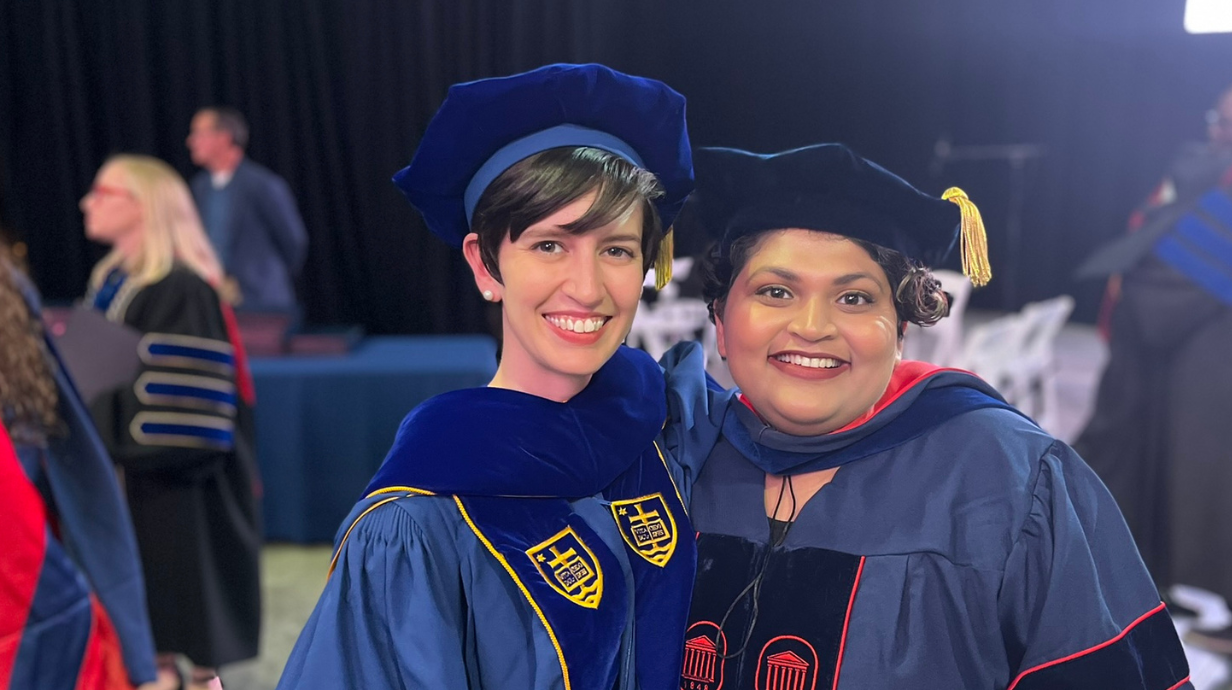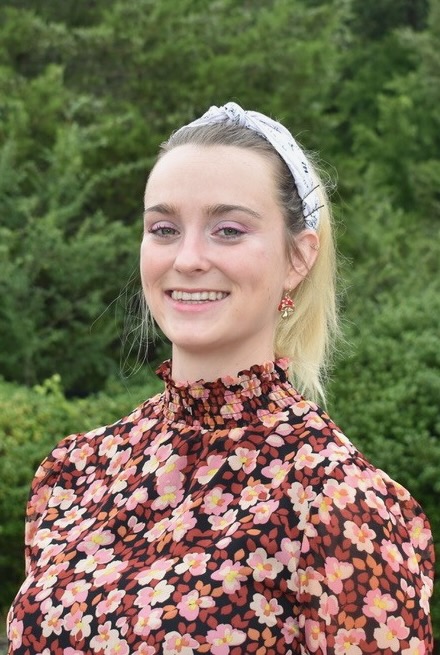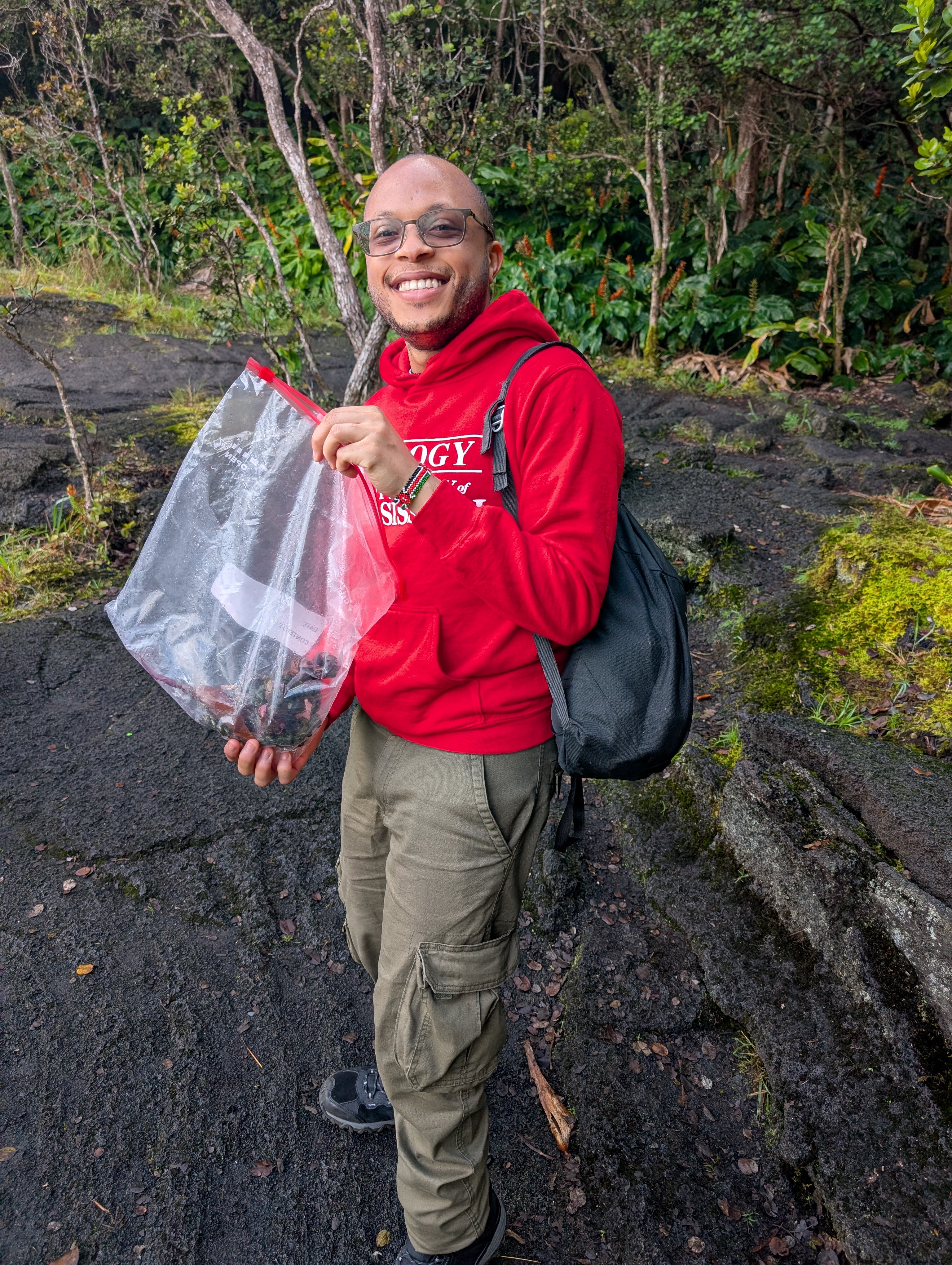Graduate Excellence in Teaching Awards
We recognize exemplary teaching by enrolled graduate students. Two awards are presented each spring.

Recognize an exceptional graduate teacher
The Graduate Excellence in Teaching Awards, sponsored by the Center for Excellence in Teaching and Learning with Support from the Office of the Provost, the Graduate School, and Dr. Johnny W. Lott, recognize exemplary teaching by currently enrolled graduate students at the University of Mississippi. CETL grants two awards each year: the Graduate Teaching Assistant Award and the Johnny W. Lott Graduate Instructor Award. Winners of these awards receive $1,000 each.
Any graduate student in good academic standing, making progress toward degree, and teaching in fall or spring of the current academic year is eligible for these awards.
Graduate students must first be nominated for the award. They may put themselves forward for nomination or be nominated by a faculty member, a student (or group of students), or a peer. Nominated students then submit an application packet that is evaluated by CETL staff and representatives from the Graduate School.
Winners of each award will be honored at the Graduate School's Celebration of Doctoral Achievement in April.
Nominate a Grad Student
Nominations
If you would like to nominate a graduate student or yourself for this award, you may submit a nomination form. The nomination form will ask for details about the nominee, your relationship to them, and a brief (<300 word) narrative describing what distinguishes them as an excellent teacher. We are especially looking for innovative, effective, and evidence-based teaching practices; an impact on students and student learning; and a commitment to removing barriers to student success.
The narrative will be used in evaluating applications for the award, so please be as specific as possible in relating your perspective on what makes the nominee’s teaching effective, compelling, inclusive, innovative, or all-around excellent. Vivid anecdotes and concrete examples of teaching excellence will be more persuasive than general claims about the nominee’s ability.
If you’re confident that your nominee is eligible for the award, please notify them that you intend to submit their name, so they can start to gather materials for their application. Graduate teachers will be notified of their nomination in mid February.
Applications
After you’ve been notified of your nomination, please fill out the application form linked in your email notification, due in early March. You’ll be asked to provide details of your teaching appointment, teaching training, and previous teaching experience, along with the following materials:
- A current resume or CV
- A 1-2 page statement of teaching philosophy that references evidence of teaching excellence as appropriate
- Three pieces of evidence of teaching excellence. These may include, but are not limited to:
- Syllabi you’ve designed
- Assignments or lesson plans you’ve designed
- Student evaluations, feedback, or comments (gathered through university SETs or on your own; 10 pages maximum)
- A letter of support from a faculty mentor, student, or colleague that provides concrete examples of your teaching effectiveness
- Observation form or written summary generated by a peer or faculty member who has observed your teaching
- Short video (5-10 minutes) or documentary photographs of your classroom teaching
- Student emails or evidence of student learning (to be shared only with student permission)
Your evidence of teaching excellence should include at least one artifact from the course you taught during the current academic year but may also encompass artifacts from previous courses.
Applications will be judged by the extent to which they demonstrate innovative, effective, and evidence-based teaching practices; an impact on students and student learning; and commitment to removing barriers to student success. Please note that if an application includes more than three pieces of evidence, judges will only consider the first three.
CETL staff and representatives from the Graduate School will review applications in March. Award winners will be notified in early April.
Frequently Asked Questions
Graduate students may apply for either the TA award or the Instructor award in a given year, but not both. Any student who has served as both TA and instructor at UM should apply for the Instructor award, whether or not they served as Instructor during the current academic year.
Students may also reapply for the award each year. Past winners, however, are no longer eligible for either award.
Applications are evaluated on three criteria:
- Innovative, effective, and evidence-based teaching
- Impact on students
- Commitment to removing barriers to student success
Good applications will show evidence of compelling and creative teaching that makes a positive impact on student learning and is attentive to the success of all students, especially those who have been historically marginalized within higher education.
The evidence you choose, and the way you showcase that evidence, matters. The strongest applications we see are…
- Current, meaning that most of the teaching evidence is recent and that it demonstrates knowledge of up-to-date pedagogical research. You may include teaching artifacts that are a little older or that originated in previous teaching experiences at other institutions. But keep in mind that recent evidence is more compelling than older evidence.
- Original, meaning that the teaching evidence you include demonstrates use of creative or innovative pedagogical methods in addition to more traditional ones. The particular combination of classroom approaches you choose to highlight should be unique to you.
- Concise, meaning that your application communicates a lot of information about your teaching in a little package. Less is more. Resist the temptation to include dozens of pages of material, and focus on a few strong pieces of evidence that showcase your teaching most vibrantly.
- Varied, meaning that, where possible, you include evidence of different kinds. Strong applications typically include a combination of original teaching materials and a sense of both students’ and colleagues’ perceptions of the applicant’s teaching.
- Easy to read, meaning that you provide notes or signposts to help judges navigate and interpret included materials. For example, you might consider including a table of contents for particularly lengthy applications or writing a few sentences before each piece of evidence that signals what the artifact is and/or how it was used in your teaching.
Typically, this means one document: one syllabus, one assignment sheet, one letter of support, one observation report, etc. Other types of evidence we leave at the discretion of the applicant. If, for example, you’d like to include a set of several photographs from a course or student evaluations from multiple classes as one “piece” of evidence, that’s fine.
Just keep in mind that the best applications are concise, and that if you include more than three pieces of evidence in your application, judges will consider only the first three.
Because every applicant’s student evaluations will look different, we leave this up to you. But we encourage you to think about how to convey the information in your student evaluations most efficiently.
Specifically, we ask that you limit the student evaluations section of your application to 10 pages or less. Our judges have a lot to read and won’t be able to process dozens of pages of student rankings and comments. They’re more likely to appreciate a concise snapshot of student views on your teaching.
Feel free to include some summaries of, or representative selections from, evaluations in lieu of entire evals. If you have multiple university-administered evaluations you’d like to share, consider including a summary of results from each course and/or selected student comments.
Letters of support may be included with the application you submit yourself or emailed directly to CETL. If you are requesting a letter of support from a mentor or colleague, consider asking them if they would prefer that their letter remain confidential. If so, have them to email it to cetl@olemiss.edu. If not, have them send the letter directly to you to include in your application.
The best materials in this category will showcase effective and/or original teaching. For example, you might include a 5-10 minute video of a successful classroom activity you do with students or photographs of a particularly compelling class gathering or course product. The best materials illustrate your active engagement with students and highlight a teaching practice or moment that makes your classroom unique.
By this we mean compelling products students created as part of their learning in your course such as papers, multimedia artifacts, or other projects. Remember that you should request permission from students before including their materials in your application and anonymize student-generated work or emails where appropriate. Never include any information about the grade(s) of an individual student in your application.
Past Recipients of the Graduate Excellence in Teaching Awards
2025 Noah Kilonzo – Biology
2024 Jakub Zegar – Biology
2023 Kimberly Kotel – English
2022 Carly Rock – Chemistry & Biochemistry
2021 Kritika Gupta – Nutrition and Hospitality Management
2020 Sarah Amonett – Biology
2019 Jennifer Toth – Pharmacy
2025 Savannah Draud – Biology
2024 Apoorva Mate – Mathematics
2023 Bianca Lewis – Psychology
2022 Donald Skinner – Psychology
2021 Shimikqua Ellis – Education
2020 Heather Bliss – Psychology
2019 Joshua Simer – Accounting
2018 Marissa Wyant – Political Science
2017 Rebecca Nance – Education
2016 Brittany Nielsen – Psychology
2015 Yan Li – Economics
2014 Christopher Schwanke – Mathematics
2013 Caroline Turnage-Butterbaugh – Mathematics
2012 Eric Bonds – Music
2011 Sumedhe Karunarathne – Physics
2010 Otis W. Pickett – History
2009 Laura A. Williams – Management
2008 Ryan Bubalo – English


